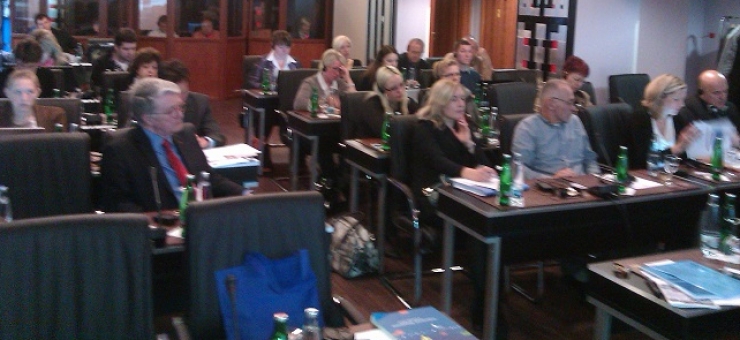MENU
Affiliates only
Login
Login

On the first day, UNI Europa affiliates from Czech Republic, Slovakia, Slovenia and Hungary discussed how to strengthen their trade union structure and how to improve their organising and campaign techniques. Clearly, pay, working time, flexible working hours, Sunday work, abuse of part time work are the most critical issues for commerce workers. Trade unions concerned wished to have better working conditions for their members but it was emphasised this cannot be possible if a true social dialogue is established with employers. Collective bargaining is mainly conducted on company level which makes more difficult to establish standards across the industry.
On the second day, an overview of industrial relations and social dialogue in all the countries was provided by national experts, the ETUI, ILO trainers, and UNI Europa together with Eurocommerce. It is evident that recent changes in labour laws (especially in Slovakia and Hungary) have weakened trade unions and social dialogue. The recent austerity measures imposed by the EU Troika do not make it easier for social partners to negotiate better employment terms and conditions in the commerce sector.
However, good practices came from Slovenia where a recent referendum succeeded in securing double pay for commerce workers working on Sundays.
Participating trade unions also stressed the importance of providing training opportunities and a career path and perspectives to commerce workers with a view to improve the image of the sector and avoid that the sector is seen only as a “second class” or “transitional” job before moving to another sector.
This was the third of fourth workshops organised in the framework of a UNI Europa and Eurocommerce joint project on improving capacity building in CEE and EU candidate countries. The next workshop will be held in Istanbul for EU candidate countries and Croatia on 3 and 4 December 2013. A final conference will be organised in Brussels the first week of February.
For more information please contact Laila Castaldo